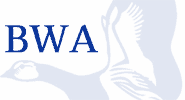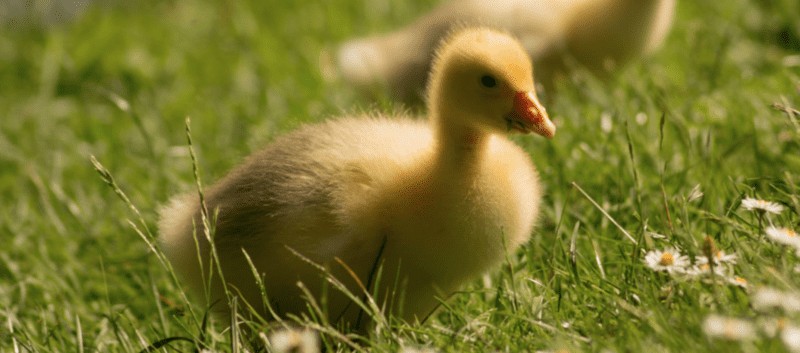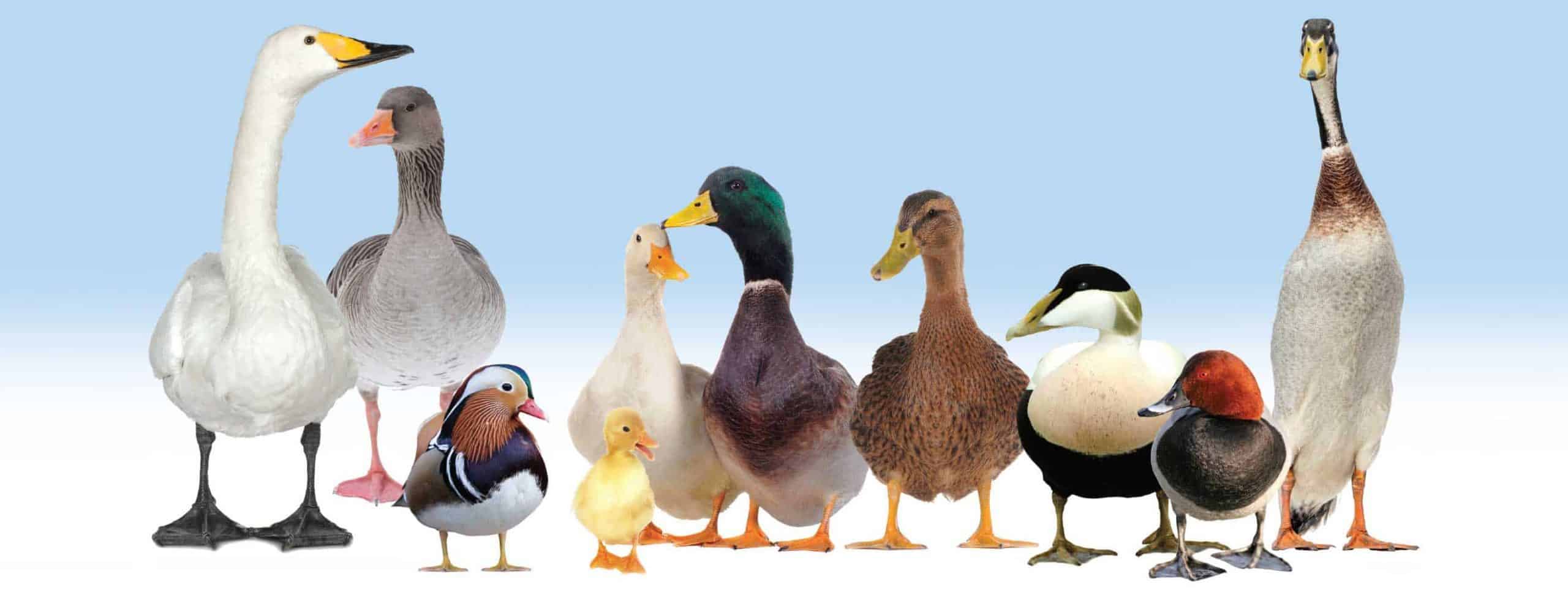There's never a good time to hear that there's been a Bird Flu outbreak.
Low pathogenic avian influenza of the H5 strain was confirmed at a commercial chicken farm in Mid Suffolk on 10 December 2019. All birds on the premises will be humanely culled.
A restricted zone of 1km is in place around the infected premises as specified in the declaration applying these restrictions. AHPA's interactive map will help you find out if you live within the restricted zone.
See the official Government advice here
The principles of biosecurity are frequently discussed, particularly in respect of the now possible threat of Avian Influenza. Biosecurity is essentially the creation of a microbiological barrier to prevent contact between the pathogens (in this case Avian Influenza Virus) and the host (domestic or captive waterfowl).
The purpose of this note, therefore, is to consider aspects of biosecurity which can be put into place to protect these populations of waterfowl. Every waterfowl keeper will have a different set-up and it is possible to adapt their situation to fit in with these guidelines.
We should understand both the nature of the virus and the circumstances under which the virus can be introduced to our livestock. There are two main ways the virus might be introduced. Firstly there is the risk of direct spread from migrating birds and secondly the indirect spread from these or another infected population.
Migrating waterfowl will be attracted to stretches of water and in the case of geese associated grazing.
The safest approach is to bring all susceptible livestock indoors and to keep them so confined for the length of the risk period. Should this not be possible, then birds should be fenced well away from their swimming water if this is fed from a watercourse. Efforts should then be made to avoid wild birds visiting the livestock.
An extra safeguard is to supply the feed and water inside the bird housing. Outside large water troughs must be avoided.
Having penned the birds away from water, it is an additional precaution if those pens can be netted over to prevent wild bird access. Your birds could be allowed access to a mains fed pond if it can be included in the netted area.
The virus is spread from the wild birds through the faeces. These will contaminate the edges of the ponds as well as the pond water itself and also any grazed pasture. The precautions taken must consider how these faeces might get walked into the livestock pens.
- Avoid walking round the ponds.
- Do not go fishing, when clothes, footwear, vehicle and fishing equipment could become contaminated.
- Change footwear before entering livestock pens (do not rely on foot dips).
- Do not let dogs or other pets enter the livestock pens.
- Always ensure the water provided to the birds is clean mains water
- Drain or fill in any puddles.
Whilst migrating waterfowl may not visit your ponds they may be visited, for example, by local Mallard which could have picked up the virus from other ponds.
The other precautions to have in place are to avoid direct or indirect contact with other domestic waterfowl (or poultry) collections.
- Do not borrow equipment from others.
- Do not lend equipment to others.
- Do not let other people visit your waterfowl.
- Any staff must not have their own livestock nor have contact with other people’s livestock.
- Do not visit other people’s livestock.
- Do not bring other birds into your livestock pens (purchases, borrowings, gifts etc)
- Do not take your birds to shows, exhibitions, etc nor bring birds from these events.
- Do not lend your birds to anyone (eg a drake for mating other people’s hens)
- Do not share a feed delivery with anyone.
- Ensure stocks of feed are kept undercover in a clean, dry, rodent-free store.
- Collect up and discard any spilled feed.
- Don’t share incubation facilities with others.
Whilst this might not be a comprehensive list of precautions, it is sufficient to stimulate thoughts on the precautions to take.
If in doubt about anything, don’t do it.
The time to introduce these precautions is now. Don’t wait for the infection to be diagnosed in the country. Yours could be the first infected premises. Register all livestock, however small the population, with DEFRA, who can then be expected to keep you informed of any increased risk of disease and keep you supplied with advisory notes.
If serious disease is seen in your birds, notify your veterinary adviser and DEFRA immediately. Remember, however, avian influenza in waterfowl may not make them sick. This is why you must be suspicious of any other stock which is not yours and appears healthy.
Please follow this advice as closely as possible.
I should be pleased to help if needed. Any questions should be submitted through the BWA secretary by letter or email info@waterfowl.org.uk
Keith Gooderham BVSc, DPMP, MRCVS, Specialist in Poultry Medicine and Production



